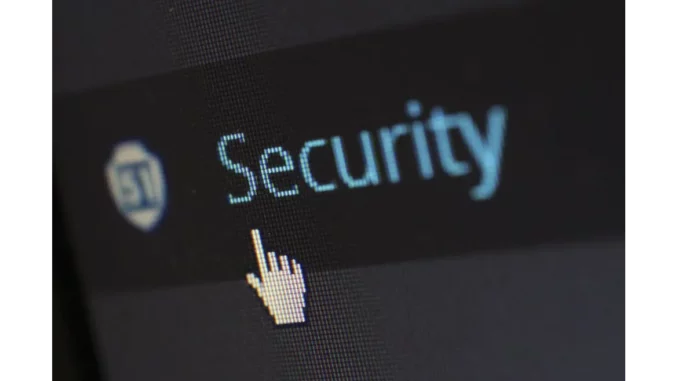
When I first sat down with Alex Thompson, a seasoned cybersecurity analyst, I was struck by his calm demeanour and genuine passion for the field of encryption. Our conversation revolved around the vital role that modern encryption algorithms play in safeguarding our increasingly digital lives, and the transformative journey Alex embarked on to educate others about their importance.
The Incident That Changed Everything
Alex’s story began on a cold winter evening, much like any other, until a call from his friend Sarah shattered the tranquility. Sarah, a close confidante and fellow professional, had just discovered that her company’s entire database had been compromised. Critical customer information, financial records, and proprietary algorithms were exposed to an unknown threat. “We thought our data was secure,” she confessed, her voice filled with disbelief.
Sarah’s company had relied on an outdated encryption algorithm, a decision that proved disastrous. For Alex, who had always championed the importance of keeping pace with cybersecurity advancements, this incident was a stark reminder of the real-world consequences of neglecting modern encryption. That night, he made a personal commitment to raise awareness about the power and necessity of contemporary encryption algorithms.
Why Modern Encryption Matters
“Encryption isn’t just for tech gurus,” Alex explained, “it’s the backbone of our digital interactions.” Every time you send a message from your smartphone or enter your credit card details online, encryption ensures that your data remains confidential. Modern algorithms such as AES (Advanced Encryption Standard) and RSA (Rivest–Shamir–Adleman) are central to this protection, transforming plain data into complex, unreadable codes decipherable only with a unique key.
The evolution from outdated methods like DES (Data Encryption Standard) to modern algorithms is crucial. As computing power increases, older systems become vulnerable to exploitation. “AES-256, for instance, offers security that, with current technology, would take billions of years to crack,” Alex noted. Innovations like Elliptic Curve Cryptography (ECC) offer smaller keys and robust protection, making encryption faster and more efficient.
Spreading the Word: Encryption’s Everyday Heroes
Determined to make a difference, Alex began hosting workshops at local schools and universities, educating students about secure communication. He complemented these efforts with a blog, sharing stories of data breaches and highlighting the technology that could have prevented them.
One particularly rewarding experience came when Alex advised an application development group seeking to secure their app. Under his guidance, they implemented AES-256 for end-to-end encryption, ensuring user data remained private. “Months later, their app gained traction, praised for its security focus,” Alex recounted with a smile.
Facing the Future: The Quantum Challenge
As our discussion turned to the future, Alex acknowledged the looming challenge of quantum computing. Algorithms like RSA, which rely on the complexity of factoring large numbers, may become vulnerable to the immense power of quantum computers. Yet, Alex remained optimistic, pointing out that researchers are already developing post-quantum cryptography to withstand these advances.
“For me, this is just another chapter in the story of encryption,” Alex reflected. His dedication to continuous learning and adaptation is a testament to the ever-evolving nature of this field.
Lessons from Alex’s Journey
The world of encryption may seem daunting, but its impact on our everyday lives is profound. Alex’s journey underscores the importance of staying informed and proactive, making the crucial difference between security and potential disaster.
As you shop online, message friends, or store data in the cloud, remember the unsung heroes of modern encryption—the algorithms diligently working behind the scenes to protect your data. And perhaps, like Alex, consider how you might contribute to a more secure digital world.
Lilianna Stolarz

